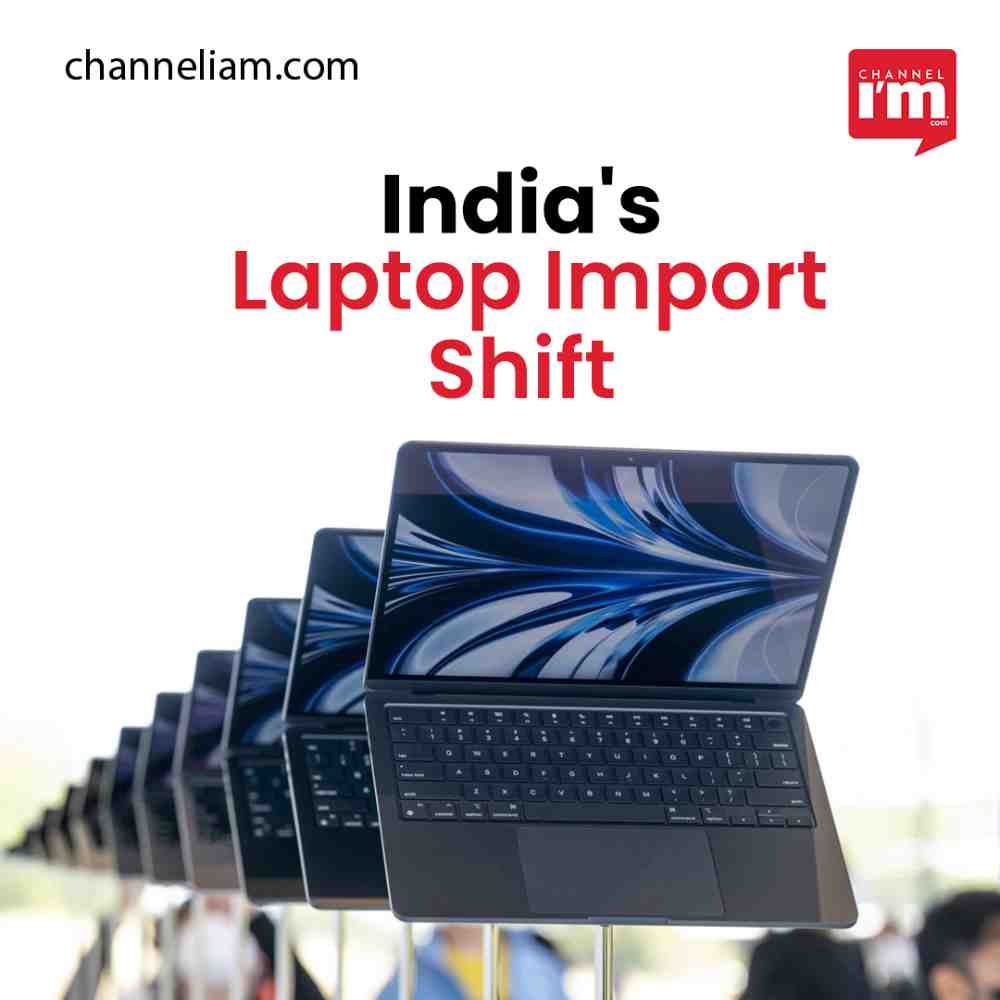
In a move aimed at bolstering domestic manufacturing and reducing reliance on imports, the Indian government has imposed restrictions on the import of laptops, tablets, personal computers, and related electronic products. However, recent developments reveal a slight change in this policy. The Directorate General of Foreign Trade (DGFT) announced a delay in the licensing mandate for importing these electronic devices, shifting the enforcement date to November 1, 2023. This decision has raised questions about its impact on both global electronic players and Indian consumers.
The Delayed Licensing Mandate
While import restrictions have been a part of India’s economic strategy before, the DGFT’s decision to postpone the enforcement of the licensing mandate is significant. Major international electronic companies are likely to be affected by this delay, as they need to reassess their market approach in India. Nevertheless, during this period of restriction, Indian consumers may still have the opportunity to purchase foreign laptops and computers from abroad, provided they possess a valid import license.
Promoting Domestic Manufacturing
The rationale behind these restrictions lies in the Indian government’s efforts to bolster its domestic manufacturing sector. By curbing the import of laptops, personal computers, and related devices falling under HSN code 8741, India seeks to incentivize the growth of domestic production and decrease its dependence on imports, especially from countries like China.
Exemptions and Exceptions
While the import restrictions aim to create a conducive environment for domestic production, certain exemptions have been put in place to facilitate trade and innovation. Individuals are allowed to import a single laptop, tablet, all-in-one PC, or ultra-small form factor computer without requiring an import license. However, duties will still apply to such imports. Additionally, specific devices that are crucial for capital goods and those intended for research and development purposes are also exempt from the import licensing requirements.
Strengthening the IT Hardware Sector
The government’s decision aligns with its broader plan to strengthen the production-linked incentive (PLI) scheme for IT hardware. By encouraging local manufacturing, India aims to enhance its domestic production capacity in the electronics sector. This move has the potential to contribute significantly to the country’s technological self-sufficiency and economic growth.
DGFT’s Role and Licensing Process
The Directorate General of Foreign Trade (DGFT) plays a pivotal role in implementing these import restrictions and managing the associated licensing process. Operating under the Ministry of Commerce and Industry, the DGFT administers regulations related to foreign trade, including import restrictions and licenses. Most import licenses are issued by the DGFT, with additional oversight from other relevant authorities to ensure compliance with various regulations, such as quality standards and national security considerations.
The Licensing Landscape
Import licenses in India come in different forms, depending on the nature of the item and its restrictions. India’s Export-Import Policy outlines guidelines governing the import and export of products. Most items fall under the open general license (OGL), which allows certain goods to be imported without individual licenses. However, computers and laptops, due to their strategic importance and global trade dynamics, often fall under the category of restricted imports that require specific licenses.
Eligibility and Application
To obtain a license for restricted imports, importers must visit the DGFT website and apply through the portal. An importer-exporter code (IEC) is mandatory, and applicants must have a valid Digital Signature Certificate (DSC) registered in the system. The application process must adhere to the guidelines outlined in the DGFT’s 2023 procedure handbook, including the use of English or Hindi for all required documents.
Application Process and Amendments
Applying for a license involves navigating the DGFT portal and selecting the “Restricted Imports” option. Importers must complete the “Revalidation of Restricted Imports Authorization” application and pay an associated fee. Successful application leads to the issuance of a restricted import license. Importers can apply for multiple restriction products under a single license and may also request amendments to their license, albeit with possible fees.
India’s decision to delay the enforcement of the licensing mandate for laptops, tablets, and computers marks a strategic step toward fostering domestic manufacturing and technological self-reliance. While this move could impact global electronic players, it also presents opportunities for Indian consumers and local manufacturers to thrive. The government’s focus on the IT hardware sector through the PLI scheme, coupled with the controlled import of electronic devices, signifies India’s determination to secure its place in the global electronics market.
